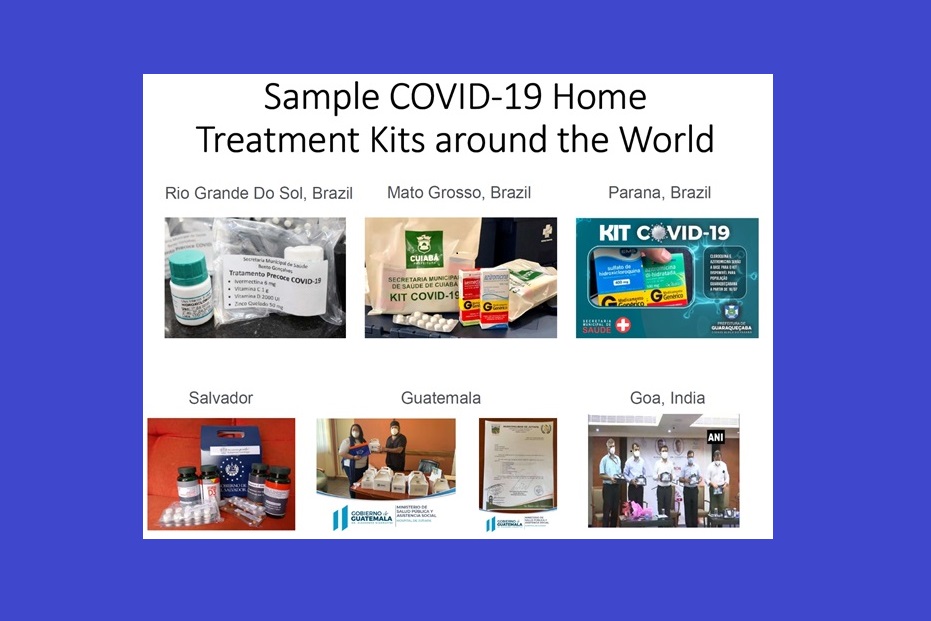I hope you stay well and have a reliable source of income to pay your bills.
Key concerns in the election are its effect on health and your livelihood.
The Biden-Harris campaign blames President Trump for the COVID-19 debacle—doing too little, too late, and being too reassuring. President Trump has respected federalism and recognized some limits on government power. Biden and Harris are for more forceful, centrally mandated action that “follows the scientists,” in particular Anthony Fauci.
“Blue” states that favor Biden-Harris have generally enforced more draconian lockdowns. Their actions show that voters need to think about whether government can go too far.
The states have police powers, which can override individual rights in case of an emergency. But is a case of, or a positive test for COVID-19 or 20 or 21 somewhere in the jurisdiction an emergency? Can the governor indefinitely close “non-essential” businesses, deny “non-essential” medical care, and close down churches, schools, recreational facilities, and political assemblies? Can an official like California Gov. Gavin Newsom dictate that you must eat Thanksgiving dinner outside, six feet apart, over a period limited to two hours, with frequent hand sanitizing and masks when not actually eating?
Can the government also keep you from learning about or getting treatments that could keep you from getting ill if exposed or keep you out of the hospital if you do get ill? Will it protect you by using the best science? Here is the track record of Dr. Fauci and powerful government agencies:
- While AIDS czar in 1987, Dr. Fauci refused to provide guidance about the use of cheap, widely available sulfa drugs to prevent pneumocystis pneumonia, citing the need for more studies, which the National Institutes of Health (NIH) declined to fund. By the time results of studies funded by AIDS activists were available two years later, 17,000 AIDS patients had needlessly died of pneumocystis pneumonia.
- Because Dr. Fauci, the NIH, the FDA, and other federal agencies discourage early outpatient COVID treatments, which are available in other countries (see graphic below), most states restrict it, despite highly favorable evidence for the benefit of hydroxychloroquine. As a result, 100,000 patients may die needlessly, according to Yale epidemiologist Harvey Risch.
- The NIH recommends no treatment for COVID-19 unless a patient is hospitalized and in need of oxygen, and then only with remdesivir, which has been rapidly approved despite what Science magazine calls a “very very bad look.”
Draconian infection control measures have not worked. Stopping a surge of hospitalizations and deaths depends on early out-patient treatment—available only from physicians free to give personalized care. This election may determine the future existence of such care.
For further information, see A Guide to Home-Based COVID Treatment.
A sampling of kits provided to out-patients in other countries.

U.S. mortality is as much as 10 times higher than in countries that encourage early treatment with hydroxychloroquine and other measures.




